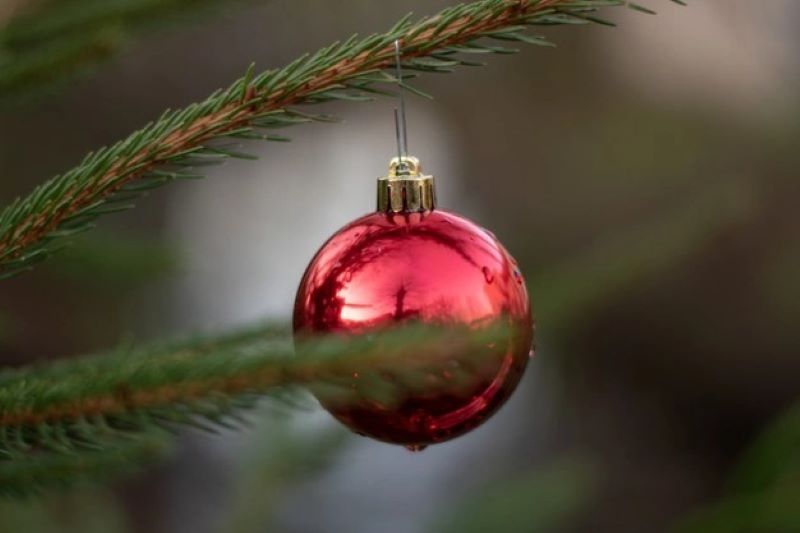The holiday season is a time when people all around the world come together to celebrate their respective cultures and traditions. Despite the global pandemic that has caused disruptions across the world, people from various cultures still actively partake in their holiday traditions in order to get into the festive spirit. From Europe to Asia, Africa to the Americas, the holiday season is celebrated in a myriad of different ways, and each tradition is unique in its own right.
Celebrating Diversity: How Holiday Traditions Bring the World Together
One of the most popular winter festivals is Christmas, which is celebrated in various parts of the world. The customs and traditions associated with Christmas such as decorating Christmas trees, exchanging gifts, and feasting with family and friends have become a global phenomenon. However, some countries add their own unique twist to Christmas. For instance, in Norway, families buy and decorate a straw goat that is traditionally burned on New Year’s Eve to ward off evil spirits. In Spain, people celebrate the Epiphany on the 6th of January by gifting each other with sweets and pastries. In Mexico, the celebration of Las Posadas is a nine-day celebration that represents the journey of Mary and Joseph to Bethlehem.
Chinese New Year: A Joyful Spring Festival of Family Togetherness
Moving to Asia, we have the Chinese New Year, which is a spring festival that is celebrated across mainland China, Hong Kong, Taiwan, and many other parts of the world. The festival stretches over 15 days and begins with a reunion dinner on New Year’s Eve. People celebrate the Chinese New Year with fireworks, parades, and dragon and lion dance performances. The red color is a significant part of the celebrations as it is deemed to bring good luck and prosperity.
Kwanzaa: Honoring African Heritage and Community Principles
Kwanzaa, celebrated by African Americans, is a seven-day festival that comes during the end of December. The celebration takes place throughout the United States and focuses on different aspects of African culture each day. The holiday pays tribute to the African harvest festival and encourages participants to reflect on their community’s values concerning family, unity, and collective responsibility.
Hanukkah: A Celebration of Miracles and Dedication
Similarly, the Jewish holiday of Hanukkah is celebrated over eight days in December each year. It commemorates the rededication of the Second Temple in Jerusalem following the Maccabean revolt against the Syrian Greeks in the 2nd century BCE. Hanukkah traditions include lighting the menorah, playing with traditional spinning tops, and eating foods fried in oil, such as the famous latkes.
Diwali: The Festival of Lights and Victory in India
The Diwali festival, also known as the festival of lights, is the most significant festival in India and is celebrated by millions worldwide. It marks the triumph of good over evil and is celebrated over five days through illuminating homes across India with candles and colorful lights. People dress up in new clothes, exchange gifts and food with their friends and family, and burst fireworks.
In conclusion, holiday traditions around the world are steeped in cultural significance and bring people closer to their roots. A blend of unique customs and beliefs, these celebrations are a source of joy, togetherness, and harmony. The holiday season is the perfect time to explore these different cultures, and it’s a reminder of the richness and diversity that mankind has to offer.
